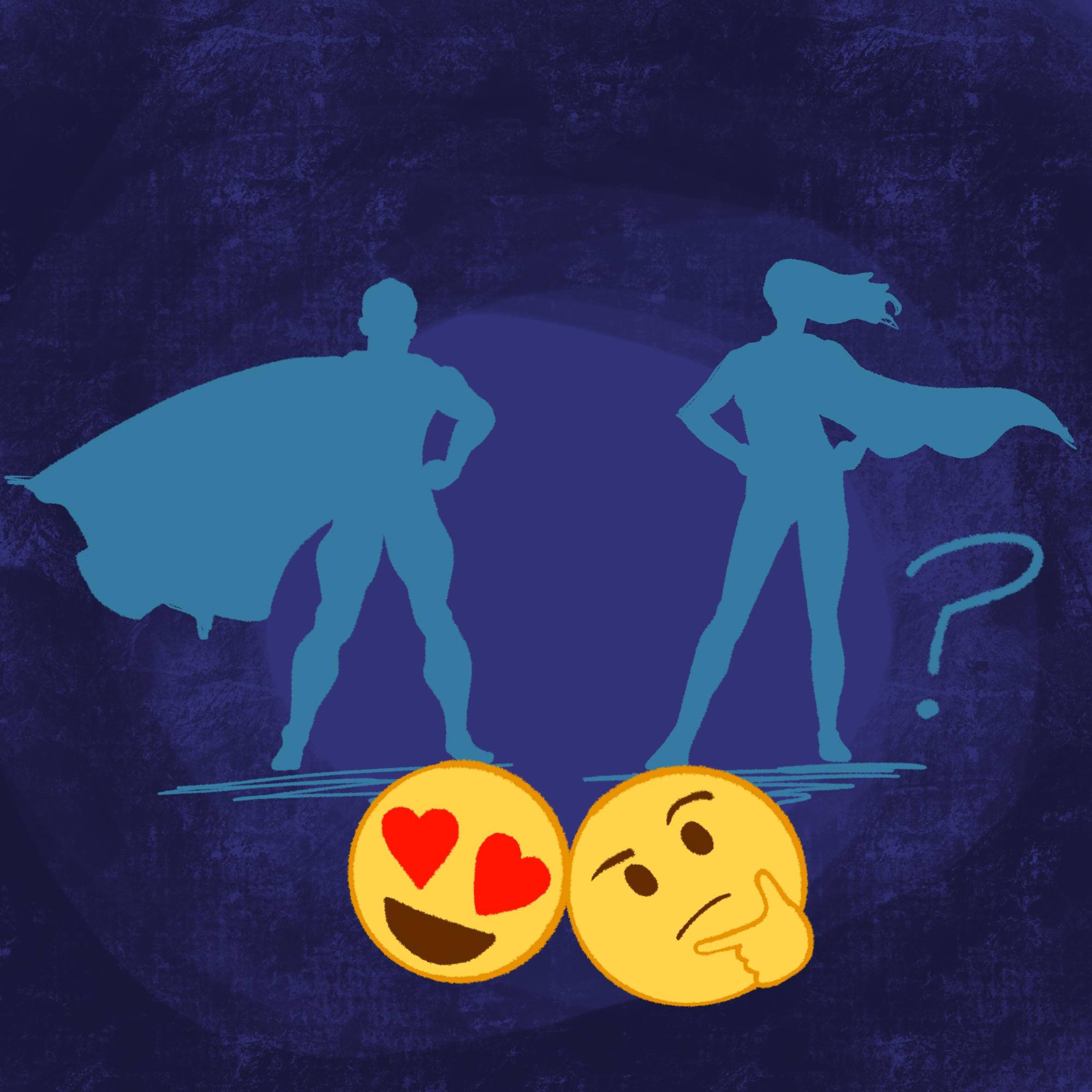Editorial | Why are we questioning female-led superhero flicks when men are also failing to lead?


In 2019, “Joker,” starring Joaquin Phoenix, hit the theaters, and a blockbuster hit was born. The gory, gritty movie was a smash, with non-superhero and superhero fans alike loving it. Its critical acclaim was vast as Phoenix won best actor at the Academy Awards, and the film garnered other major accolades across the board.
The sequel “Joker: Folie à Deux” — starring Phoenix again, alongside Grammy and Oscar winner Lady Gaga as Harley Quinn — was well-anticipated given the success of the first. However, its fans and critics have felt passionately that the sequel failed to meet its high expectations, with many simply just calling it “bad.” Until the new Deadpool movie, the first Joker film was the highest grossing R-rated movie ever. However, the opening weekend of its sequel didn’t even surpass $40 million. And now just past its second week, “Joker: Folie à Deux” has broken a record — it has dropped 88%, the largest deficit of any superhero movie to date.
Criticism of the film is vast, with some critiquing Gaga, others Phoenix and many simply calling the whole thing terrible. However, the one criticism that is not on the table is the questioning of whether or not men have the chops to lead superhero content.
The past couple of years, Marvel has produced a myriad of female-led superhero flicks and shows including the likes of “Black Widow,” “Ms. Marvel,” “She Hulk” and most recently “The Marvels.” All of these films and TV shows were met with disdain, and many even suffered from review-bombing tactics to tank their ratings in an attempt to persuade Marvel from creating any more “woke media.” While these female-led projects certainly have their flaws and don’t necessarily prove themselves to be the best of Marvel’s catalog, the fall of “Joker: Folie à Deux” presents a deeply disturbing double standard.
The stark reality is that female-led superhero projects are held to an unreasonable standard, burdened with the responsibility to not only succeed but to justify the existence of female representation in the genre. Conversely, male-led films are given far more grace to fail without their propensity to lead superhero films being questioned.
When films are bad, they are bad. Whether or not the main character has a penis does not indicate the quality of a movie or TV show. There should be space for a wide range of stories in the superhero genre, and those led by women deserve the same fair treatment as their male counterparts.
The Pitt News editorial is a weekly article written by the opinions editors in collaboration with all other desk editors. It reflects the collective opinion of the current Pitt News editorial staff.
Recent Posts
‘Dress for Success: Closet to Career’ alleviates the stress of building a professional wardrobe
As the end of the spring semester rapidly approaches, many Pitt students find themselves in…
Police blotter: Mar. 20 – Mar. 26
Pitt Police reported a road rage incident at the 3900 block of Forbes Avenue, a…
Opinion | Gen Z is falling short of who we were destined to become
We were so close to a bright future, a future of inclusion and progress, but…
Editorial | There is no place for Nazism in the city of Pittsburgh
In an era of performative activism and Instagram repost warriors, Pitt students and the Pittsburgh…
Spring sports in full swing this weekend
This weekend, the Pitt men’s swimming and diving team takes center stage while the track…
Column | Ryan Borucki’s revival is crucial for Pittsburgh’s bullpen
Two years ago, Ryan Borucki had one of the best stories on the Pittsburgh Pirates.…
